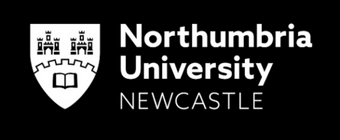The Mechanical Engineering MEng (Hons) programme will equip you with the practical skills and expertise required for a successful leadership career as a practising engineer, with the full educational basis to facilitate progression to engineering management roles.
Equipped with cutting edge lab infrastructure, the programme seeks to provide exciting and practical learning experiences to apply engineering principles to real-world problems. The programme is designed to build your confidence and skills base and will equip you with an awareness of engineering in the wider social, ethical, sustainable, and economic context.
You will apply scientific principles and mathematical/computational techniques to realise innovative solutions to a range of advanced engineering problems, including some of a complex nature. You will be facilitated to explore many engineering options and not be limited by conventional approaches or established solutions but rather to challenge convention and lead change.














